PEP 4

I d e n t i t y
What would you answer to the question,
"Tell me about yourself."
Work on THIS document.

Analyze THIS image.
Discuss:
What is that image explaining?
Could it be difficult for someone who has migrated to explain where they are from? Explain
How would you answer that question? (Where do you come from?)
What factors influence the answer to that?
Vocabulary 
The teacher will give you a word(s). Create a mind map to explain to your classmates the meaning of that word, and how it could be related with other conceps. Make sure to explain the mind map and your reasoning behind it. Let your classmates ask questions.
Find instructions HERE

Main Activity
You will have a multicultural meeting in your job place, and in this meeting you will get to know co-workers from different places, with different cultural backgrounds that migrated to USA, like you.
St A: you are from _____
St B: you are from ______
St C: you are from _______
Each of you will do some research and will present as many facts about culture, traditions, and customs from the place you were born. You will also talk about why you migrated to the US.
Then, be ready to present to everybody as many things about your identities as possible.

How do you think living in different areas of the world can impact a person's life?
Is it important to know people that come from different places? Why?
How can these multicultural individuals enrich a work/class environment? What can they bring to the table?
![]()
Brainstorm with your classmates different ways to give an opinion in English.
Share with the class the expressions you thought about.
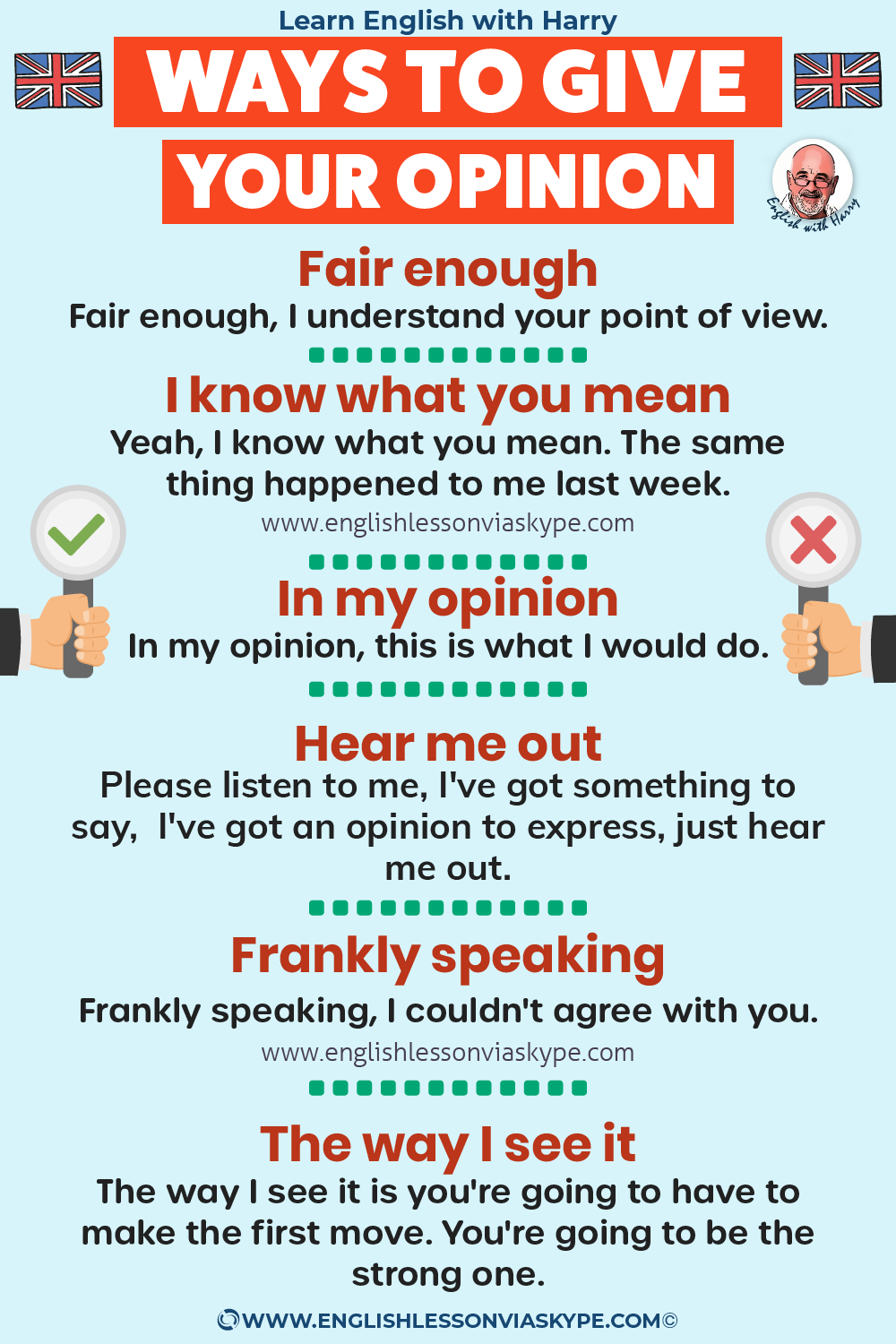

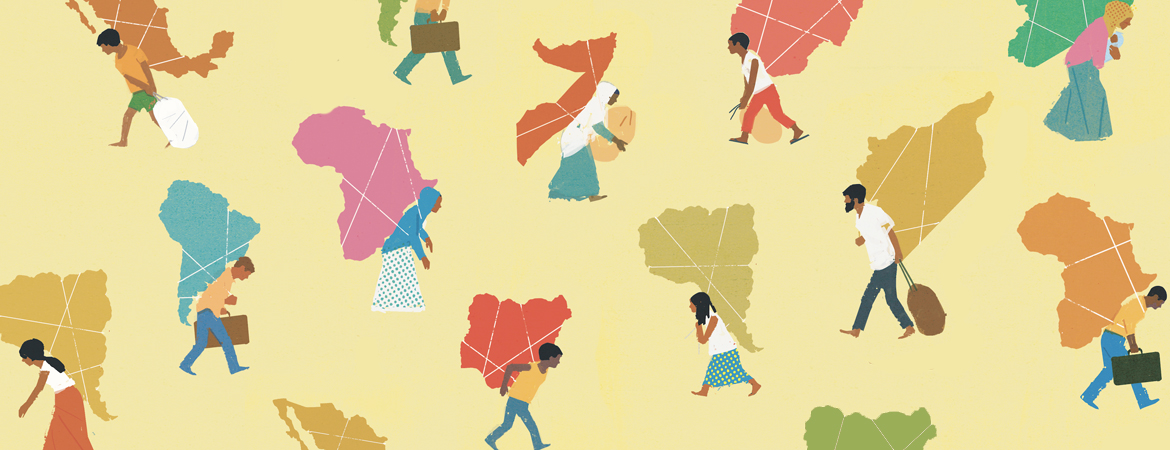
Which do you think are the countries that historically have had more migrants?
Which countries are the most common destinations for these migrants?
The teacher will assign you a part of THIS infographic. Explain to your classmates what you understand from it. Give your opinion about it.
Warm Up

Do the honeycomb challenge, click on "here":
![]()
Grammar Clue



![]() FIND SOME PRACTICE HERE
FIND SOME PRACTICE HERE
![]()
To prompt conversation, work on THIS activity with classmates.

A couple of you want to move to another area of the world to study/work.
You have found a group of Costa Ricans that can give you advice and tell you about their journey when they migrated.
![]()
St A: you migrated from CR to somewhere in Europe.
Create story of why, when, and you moved. Talk about your experience and everything you have done ever since you moved. Give as many details as possible.
Mention:
What you do for a living
What you studied
Where you live
What are some advantages and disadvantages of migrating
Find some useful info HERE
![]()
St B: you migrated from CR to somewhere in Asia.
Create story of why, when, and you moved. Talk about your experience and everything you have done ever since you moved. Give as many details as possible.
Mention:
What you do for a living
What you studied
Where you live
What are some advantages and disadvantages of migrating
Find some useful info HERE
![]()
St C: you migrated from CR to somewhere in North America.
Create story of why, when, and you moved. Talk about your experience and everything you have done ever since you moved. Give as many details as possible.
Mention:
What you do for a living
What you studied
Where you live
What are some advantages and disadvantages of migrating
Find some useful info HERE
![]()
St D:you are looking for advice to where to migrate.
Ask as many questions to the people from the group. Make your mind as of what place is better for you.
Prepare as many questions and doubts as possible.
You may find some info about countries popular to migrate to HERE and HERE

All of you should include vocabulary words and grammar from the unit.
![]()
READING
You will do just a part of the reading.
St A: read from the beginning to paragraph 5, finishing in "cultural and language difference"
Be sure to explain the types of migrants to your classmates.
St B: read from "a large influx" to the end.
Be sure to explain benefits of migration to your classmates.
![]()
Both St A and B will take out three words that did not know or that were interesting to explain to their classmates.
Also, discuss if you agree/disgree with what the text says.

Why do you think the TED talk is called "where is home"?
Does the concept of home change based on where you have been before?
Time to watch the ted talk and work on the exercises.
Vocabulary TED and reading 
Spin the wheel to get a word. Make a question to your classsmates related to the topic of the TED and reading.

Rank the aspects from the survey on goal E (page 100).
Prepare a small presentation for your classmates on how that builts your identity.
"What makes me, me?"
Be sure to include the grammar, vocabulary, and ideas learned in the class.
Use the presentation skill on page 99, goal D.
"Using a story to personalize your message"
:max_bytes(150000):strip_icc()/job-interview--1298405314-7083a61033a74e2db0fae2923c0978cc.jpg)
MAIN ACTIVITY
Let's suppose you are a recruiter working for human resources.
You have to design a set of questions that can allow you to really get to know your candidates.
You will ask for the help of the company's psychologist. Both of you will decide which questions can help you to really know a candidate profesionally and personally.
Which of the questions from the survey would you choose? Why?
Create two questions
Then, get together with another classmate to discuss your options.
PEP INC
Practice ![]()
Prepare a 3-minute answer to the question
"How multicultural is your country?"
Mention details about migration in your country, cultures present, traditions that have blended, etc.
Include at least 4 vocabulary words.
You should ask 1 question to every person that you hear presenting.
__________________________________________
U8

Getting around
Solve the jigsaw puzzle assigned.
Vocabulary to solve jigsaw puzzles:
-The one in the (far) right/left
-That is a corner/edge/side piece
-Move it to the top/bottom/side
-Put it next to...
![]()
Then, discuss:
Which means of transportation did you see in the jigsaw puzzles?
Do you use any of those in your daily commute to get to your destinations? Talk about their advantages and disadvantages. Talk about them in terms of price, use, type, convenience, etc.
What are they going to be like in the future? Do you predict any changes for them?
What other means of transportation do you know of? Discuss some of them with your group.
![]()
VOCABULARY ![]()
To get some vocabulary, work on the jamboard:
Create a wordcloud about the idea of "transportation".
Include as many words related to that as you can think.
![]()
![]()
Practice
Make a question to your classmates to find out more about their transportation choices.
Use the phrase you get.
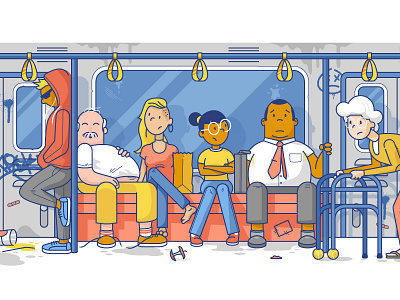
An usual commute
![]() Describe your morning routine to your classmates.
Describe your morning routine to your classmates.
Follow the indications from THESE slides.
Include these expressions:

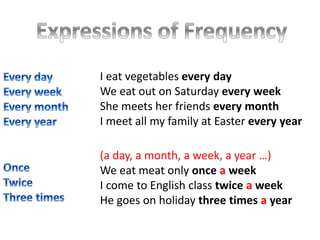
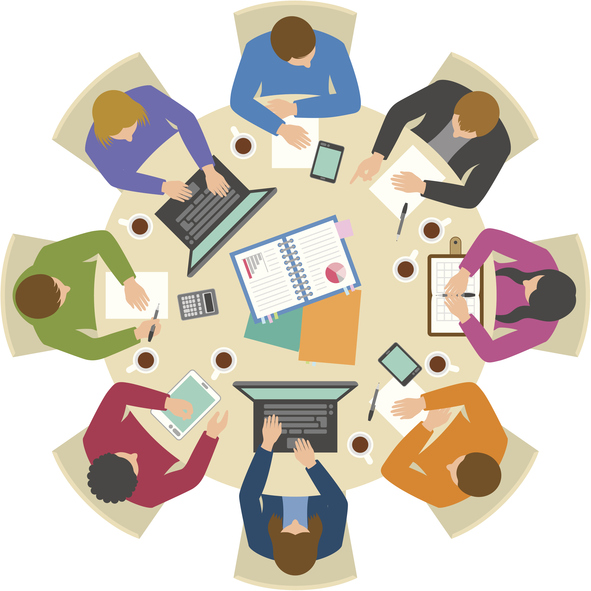
MAIN ACTIVITY
We will create a transportation improvement commitee in class.
Each of you will bring a proposal to improve one public means of transportation in the country.
Consider:
-Price
-Sustainability ideas
-Efficiency
-Comfort
Then, we will discuss the feasibility of each idea with the members of the commitee.
THE FUTURE OF TRANSPORTATION
Discuss the questions that pop up in each video with your classmates.
![]()
![]()
Make some predictions of what you think the future of transportation in Costa Rica will be like.
Think about public and private transportation from now to the year 2040.
Consider all aspects possible. Make a little list of your predictions and come back to share with the class.

![]()
PRACTICE
![]() Write down your predictions HERE.
Write down your predictions HERE.
Then discuss with your classmates how probable that seems for you.
Main activity
Read article HERE
Include the grammar from the class.



Take a look at the pictures above.
What special features do those vehicles have?
Are they different from other similar vehicles?
Which one would you choose to do your daily commute?
![]()
After watching:
Make a question to your classmates related with the ted talk using a word from the wheel.
Role play practice
Situation 1:
St A: a sociologist
You will explain to your classmate the information on THIS infographic. Discuss thoroughly the reasons behind that, the implications, and the predictions for the future about tha topic.
St B: a sociologist
You will explain to your classmate the information on THIS infographic. Discuss thoroughly the reasons behind that, the implications, and the predictions for the future about tha topic.
Situation 2:
St A and B: transportation engineers
Choose a person to create a new transportation device for them. See goal 8E on your book for more information.
Discuss with your partener engineer your idea.


Take a look at some unusual means of transportation HERE.
![]()
You will be assigned a part of the reading.
ST A: Electric Cars
ST B: Walkcar
ST C: Jetpacks
Make sure to write a glossary with at least 4 new words that you learned in your part, share it with classmates HERE.

PREDICT
You and your classmate are a scientist and an engineer, having a conversation about the future of transportation.
Discuss:
-What you would like to see in the future of transportation
-What can be a solution for the problem of transportation in CR
-What kind of means of transportation would be ideal for the country
-How you think transportation will change in the next 10-20 years
-What new things will come in terms of public and private transportation
Be ready to share the results of your discussion with classmates
_______________________________________________________________________________
U9
WORDS
The words you will see were added to official dictionaries in the year 2021.
Follow the instructions you see HERE.
![]()
Discussion:
Had you ever heard of these words before? Which one did you find more interesting?
How relevant could these words be in today's society? Are any of them considered slang?
What usage could you give to these words in your daily conversations?
Is it important to create new words? Why?
What is the process of creating new words like?
Phrases to give opinions HERE.
Vocabulary ![]()
Follow the insutructions of this image:
Practice ![]()
Choose one of the following questions to answer:
1. Is it important to learn slang when learning a foreingn language? Why?
2. How do you think the usage of some words changes overtime?
3. When do you use slang? Do you use it with all groups of people?
Spin the wheel at least 4 times. Include the word into your answer. Be careful with your fluency and accuracy.
Watch the following video to talk about tone:
Answer the questions.
Find words to describe tone HERE.

Check out THIS article.
Did you know those words use to mean something different?
What are some words you used to use before, but now you don't?
What are some new words that you have added to your daily conversations?
Are there any words you didn't use to use, but now you hear every day?
![]()
Grammar Challenge
These sentences are about having past habits.
Try to see whether they are correct or incorrect.
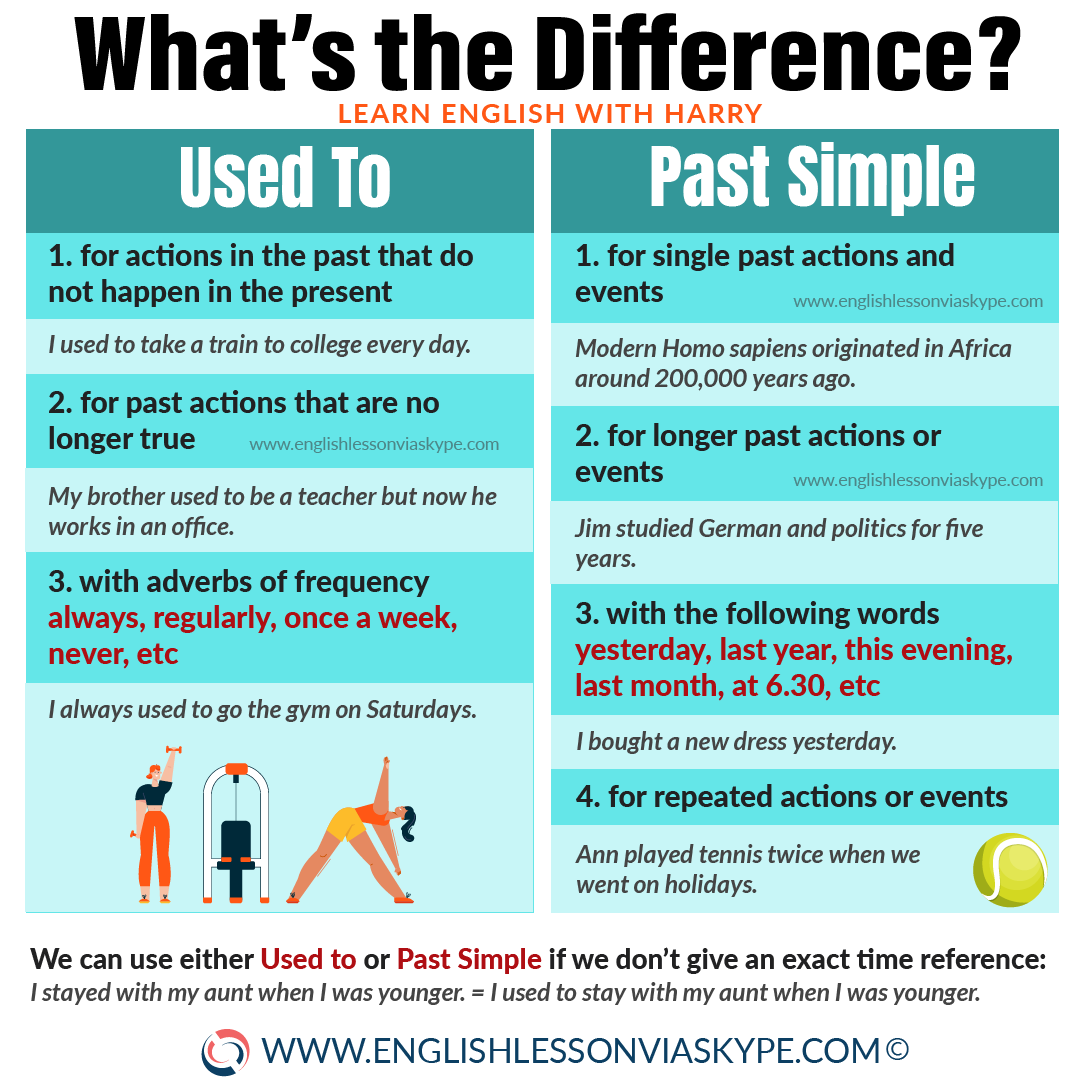


![]()
Practice
Make sentences using "used to" and the information provided.
Try to make some negative sentences too.
![]() Practice HERE
Practice HERE
Main Activity
![]()
You were asked to prepare part of a training process for new-hires at your job/company.
You must prepare a jargon* about your work place in which you will choose 5 terms related to your area, explain the contect where you use them, and give an example of the usage.
Be ready to simulate that you are indeed giving the training to us in the main session.
Added topic: Decide if there any words you didn't use to use before, and you use a lot now.
Include vocabulary words and grammar.
You can edit THIS presentation.
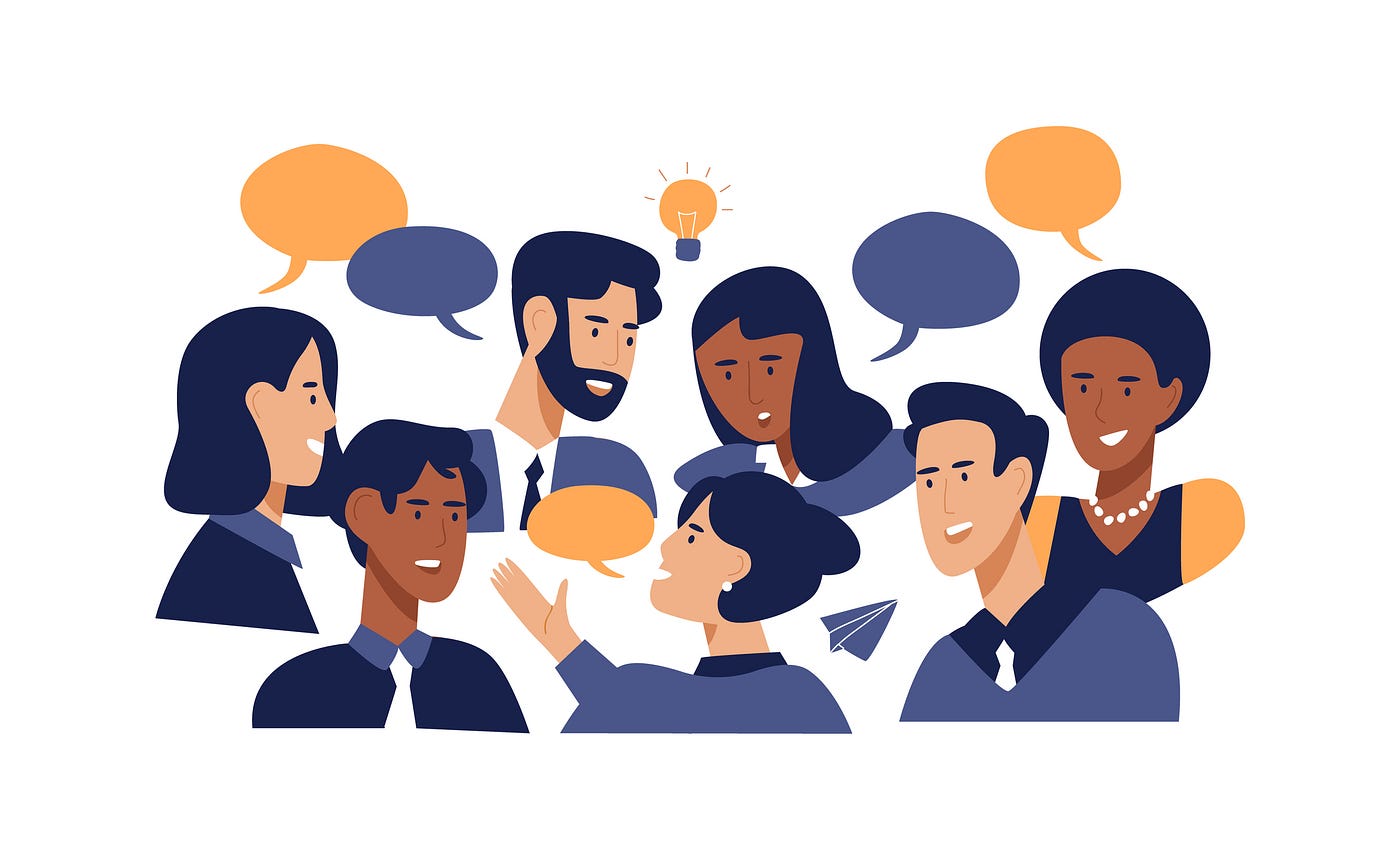
What benefits can learning slang bring to the process of learnig a language?
Are there any drawbacks from learning slang? Mention them.
Could slang degrade the language? Explain
![]()
READING TIME
St A: intro paragraph and "Why Do We Use Slang?"
ST B: intro paragraph and "Is Slang Degrading Our Language?"
St A and B will explain to each other whay they read, and will give their honest opinion about it.
Then, they will explain 3 words that they found interesting in the reading.
Together, do ex understand arguments and vocabulary from the book.

DEBATE
Is slang degrading our language?
Side A: IN FAVOR
You will build arguments around the idea that slang IS degrading the language, and it is not necessary for ESL to learn slang.
Side B: AGAINST
You will build arguments around the idea that slang IS NOT degrading the language, and it is necessary for ESL to learn slang.
Moderator:
Moderates debate, creates initial questions and checks on time.
Rounds:
each round will take from 1 minute to 1:30.
1. Side A presents initial arguments
2. Side B presents initial arguments
3. Moderator asks 1 question to each side.
4. Side A answers
5. Side B answers
6. Moderator asks each team to formulate question to opposite side
7. Both sides answer
Useful:



What makes a word "real"?
What factors do lexicographers consider to add words in dictionaries, from your opinion?
If you were in charge of adding words to dictionaries, what factors would you consider? Which words would make the cut for you?
![]()
Let's make our own dictionary of idiomatic expressions and slang.
Each of you will be in charge to give a talk to your classmates about the use of slang and idiomatic expressions.
Choose three idiomatic expressions from the number given to you, and one slang word from the link.
In your presentantion, you should:
-Find a creative way to deliver the presentation and the words
(an image, a meme, an anecdote, a situation where the word fits, etc)
-Engage your classmates
-Explain the usage of the word with examples
-Ask 1 classmate to use one of the expressions you taught them in their presentation
________________________________________________
U 10

U N D E R S T A N D I N G E M O T I O N S
How many emotions can you recognize in this picture?
You can find some vocabulary here.
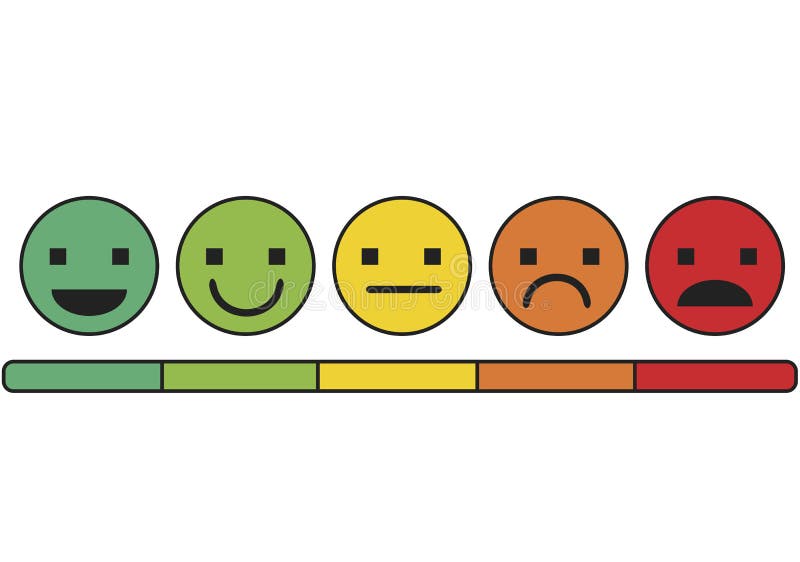
Discuss with classmates:
Vocabulary ![]()
Brainstorm as many words to describe emotions as possible. Work on THIS document.
Practice ![]()
For 1 minute, talk about a moment in your personal or professional life where you felt this way.
In your first participation, talk about personal life, in your second participation talk about professional life.

How important is it to manage emotions well? In your personal, professional, and academic life?
Explain.
What can a counselor do to help someone deal with emotions better?
![]()
Listening activity
What do you know about emotional intelligence?
Is it an important skill for the work place? Why?
Watch the following video about it:
*Case from the book*
Discuss:
How will each of you react to this situation?
Work in groups and report what your classmates answered. Be ready to share with the class.
![]()
Grammar Clue ![]()
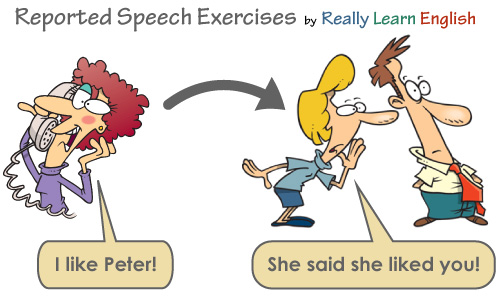


Other verbs used with reported speech
![]()
MAIN ACTIVITY
St A: a human resource senior in a company that has a case requiring emotional intelligence
St B: a counselor expert on fostering emotional intelligence in the work place (more info HERE)
St A has a problem in the work place involving an employee and his/her lack of emotional intelligence. You have hired a counselor to give you guidance and pointers on how to manage the case in the best way possible.
St B will listen to the case and give advice on the best way to deal with the situation.
Then, you will change roles.
Include vocabulary words.

EMOTION IN TECHNOLOGY
Is it possible for electronic devices to sense our emotions? Explain
Have you ever had a devide that can tell how you're feeling?
Do you see more benefits or incovenients in having devices sense your emotions?

Watch the following video,
Discuss:
How is this video related with the topic from the questions above?
What are your opinions about Pepper?

Main Activity
All of you are going to be engineers evaluating and brainstorming new ideas to create devices and electronics that can sense your emotions.
Evaluate these options (rank them from most to least useful)}
![]()
1. cars that sense when you are tired
2. refrigerators that lock when you feel stressed
3. computers that sense when students are bored
4. computers that turn off when the stress levels of someone are too high
Then, come up with at least 1 more idea that you think can be very useful for people.
Include grammar and vocabulary.
Be ready to share with the class

Can a device really know how we feel?
Click here to give your opinion about it
![]()
Pre-watching
Make a question related to this topic to your classmates using the word you get
___________________________________________________________________________
U 11

LEADERS AND THINKERS
Watch the following video, answer the questions:
![]()
Work on THIS document to build the perfect leader.
![]()
Vocabulary practice
Spin the wheel 5 times. Include the words/phrases you get in your answers for the questions below:
1. Could I be a good leader? Why?
2. Would I like to have my own business?
3. What does someone need to run a company?

Do you know someone who has opened his/her own business?
What was their process like?
(If you know no one, imagine what it could be like, and describe it using the words below.)

Main Activity
![]()
Create a workshop to teach people how to be a good leader.
Include:
-Skills needed
-Personality traits
-Characteristics
-Advantages of being a leader
-Disadvantages of being a leade
Try to find sources to back up your ideas.
Include vocabulary words
![]()
![]()
Do you know any CEO of a company?
What are some facts you know from CEOs?
Analyze THIS image. Discuss what you think about the facts presented there.
![]()
Grammar Clue
Complete THIS document with classmates


![]()

Do you know any of these brands?
Take a look at THIS website. Find out as much information about it as possible.
Discuss:
How does a company become that succesful?
What is the process like? Describe it
![]()
Do the reading and vocabulary exercise.
Discuss:
What are new vocabulary words you learned?
If you could interview the CEO of the company, what would you ask?

Main Activity
St A: The CEO of Virgin Group
St B: journalist
St B is a journalist writing an article about successful entrepreneurs. You will interview the CEO of VG.
Ask him/her all the questions you can to write in your article.
Ask about ups and downs of being an entrepreneur.
St A will answer all the questions and talk about what he/she did to become an entrepreneur with a successful company.

You will learn a lot more about Richard Brenson in the TED talk.

What is business philosophy?
Read the part of THIS article that is assigned to you. Then, explain to your classmates what you learned from it.

MAIN ACTIVITY
Follow the instructions on page 150
__________________________________________________________________
U 12

WELL-BEING
Watch the following video with your classmates and discuss the different questions.
![]()
Rank the following areas of well-being.
1 being the one you prioritize the most, 5 being the one you prioritize the least.
SLEEPING | EATING | EXERCISING | SOCIALIZING | MEDITATING
![]() Discuss:
Discuss:
Explain the reasoning behind the ranking you did before.
How important is it to have a good sleeping schedule?
Why is the speaker talking about sleeping if her main focus is business?
Do you usually have a good sleep at night?
How do you feel like when you don't sleep well?
Vocabulary ![]()
In a small paragraph, give your own definition of well-being to your classmates. Make sure to include at least 5 of these words/phrases.
Practice ![]()
Make a 5-step guide to be healthy every day.
The idea is that, if one follows those 5 steps, one will be healthier each day.
Include vocabulary words
Explain to your classmates your guide.
![]()
Main Activity
You will give your classmates a mini Ted Talk about one of these topics:
In your TED talk, you will include some of the information you learned, and also some of the information you know or did research about. The idea is that you can teach the class something new.
Include the vocabulary words.
Begin and finish your TED talk in a strong way.
Tips:

SLEEPING
Take a look at this infographic.
Which of those tips do you apply already?
Which do you need to start applying?
What happens inside of our bodies when we sleep?

![]() Listening Activity "What does your brain do when your asleep" (A and B)
Listening Activity "What does your brain do when your asleep" (A and B)
After listening:
Discuss C
Analyze this image. Fill the gaps with the information necessary.
![]()
Discuss these facts about sleeping with your classmate.
Decide it they are true or false.
- Teenagers need between 10 and 14 hours of sleep. T F
- If someone falls asleep within 5 minutes, they are sleep deprived. T F
- Sleep deprivation is linked with some terrible accidents like Chernobyl nuclear disaster T F
- The ideal time to fall sleep is between 20 and 30 minutes. T F
- Humans sleep more than other primates. T F
Grammar Clue
![]()
Discuss the questions from this activity:

Analyze:
Are the situations discussed before real?
Are they ever likely to happen?
Grammar


Main Activity
You have hired a health coach to help you improve your lifestyle.
Mention your habits in regards to:
Eating, sleeping, exercising, self-care, drinking water, substance abuse, stress levels, etc
Let the health coach give you a couple of recommendations and tips to improve your life.
Share with the class what tips you got.
Include second conditional sentences and vocabulary.
Warm Up
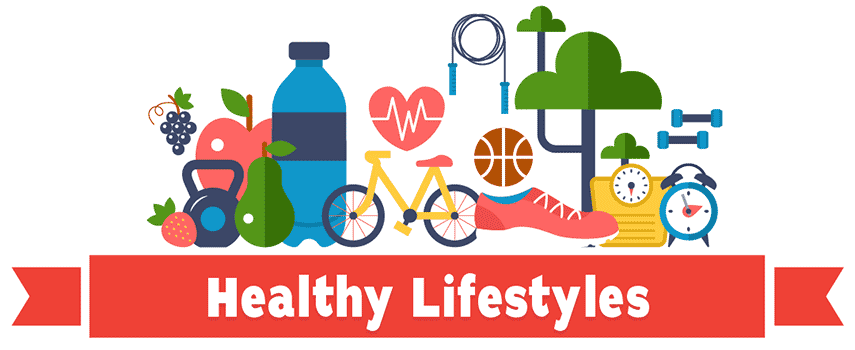
Have a conversation about healthy lifestyles using the questions you make.
Post the questions HERE.
![]()
Speaking Activity
Go to your book, page 155. Do the speaking activity with your classmates.
![]()
PRACTICE

What is the girl in the image trying to do?
Do you ever struggle to do the same she is doing?
Pre-reading
St a and b will watch a video or read an article about work-life balance in preparation for the reading.
Be ready to tell your classmates what you learned from the video/article. Do the reading on goal C, and compare and contrast what you learned before.
Pay attention to any unknown words and expressions.
ST A:
ST B:

MAIN ACTIVITY
If you could create a work-shop to teach your colleagues at work how to have a good balance between work and life, what would you include in it?
Suppose you are a psychologist that will give a mini seminar about achieving work-life balance to your co-workers.
Each psychologist from the class will be in charge of different aspects.
Psychologist 1:
Talk about what work-life balance is and why we should do it
Psychologist 2:
Talk about how to do it and when you can start doing it
Psychologist 3:
Talk about tips that you can put into practice and give examples of what works and what doesn't.
Give example

Based on what we have studied, which ones would you say are the benefits of a good-night sleep?

DEBATE
Productivity
 in favor:
in favor:
You will defend that position by having enough arguments to support it.
You can do research and present it during the debate.
Prepare at least 2 questions to the opposite team.
![]() against:
against:
You will defend that position by having enough arguments to support it.
You can do research and present it during the debate.
Prepare at least 2 questions to the opposite team.
You MUST use vocabulary words and the expressions from HERE and HERE
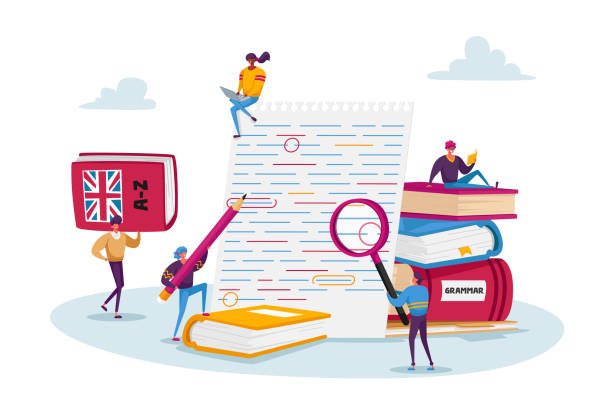
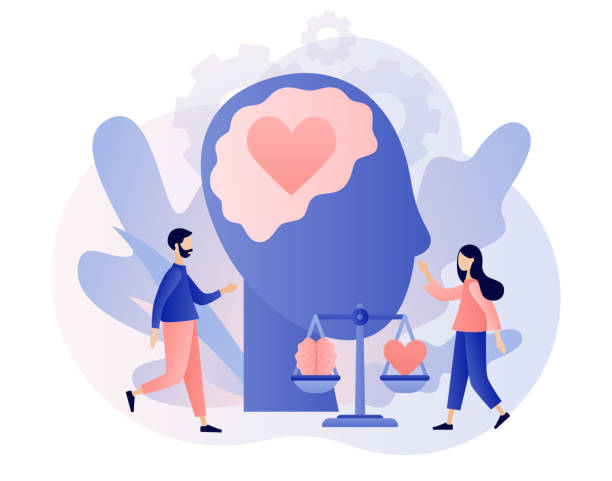
Comentarios
Publicar un comentario